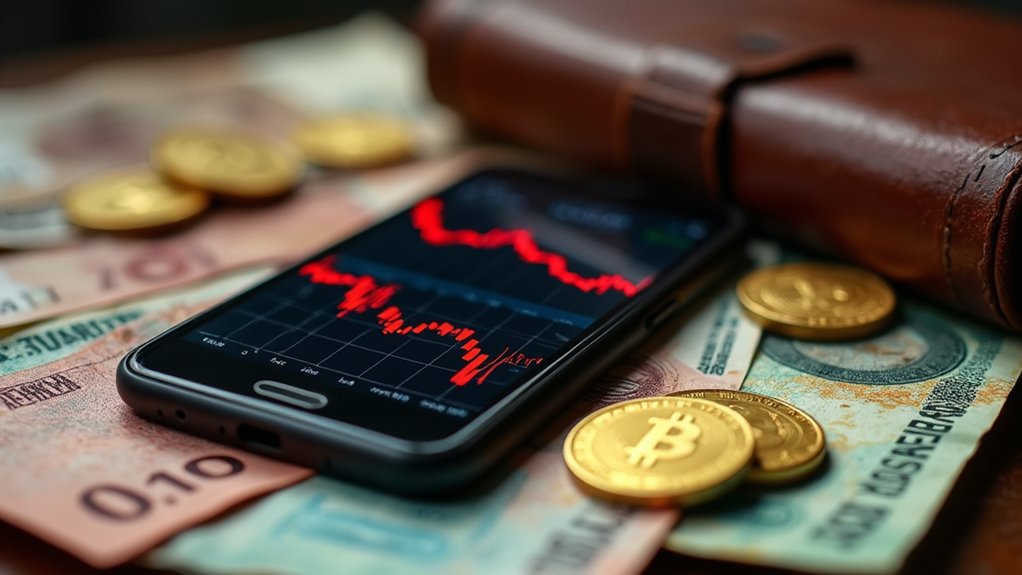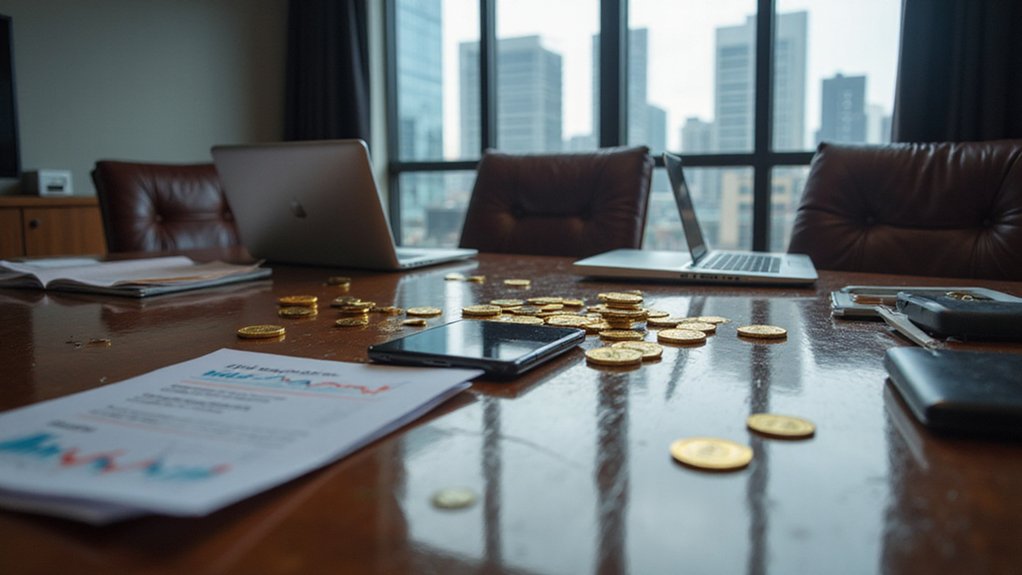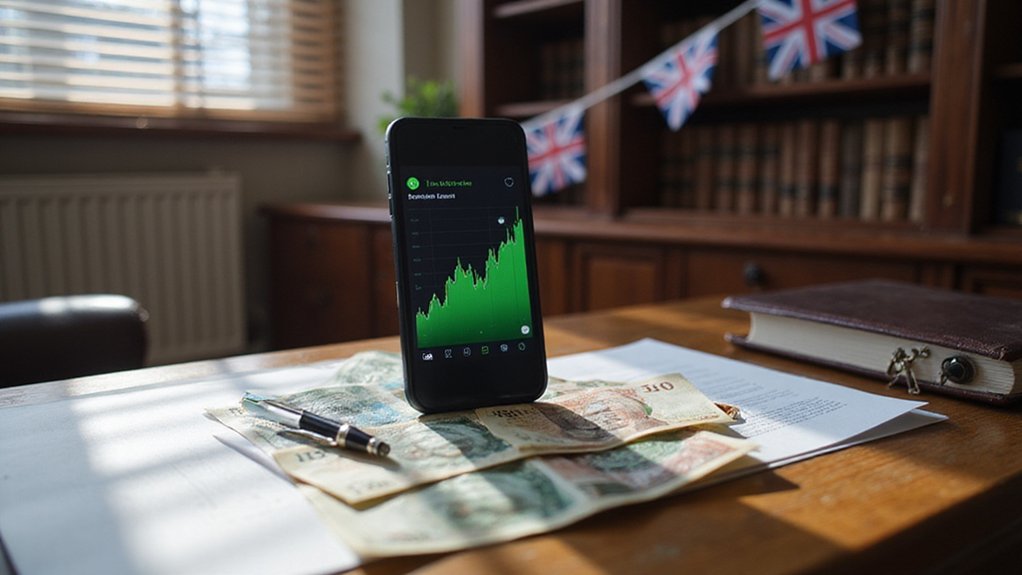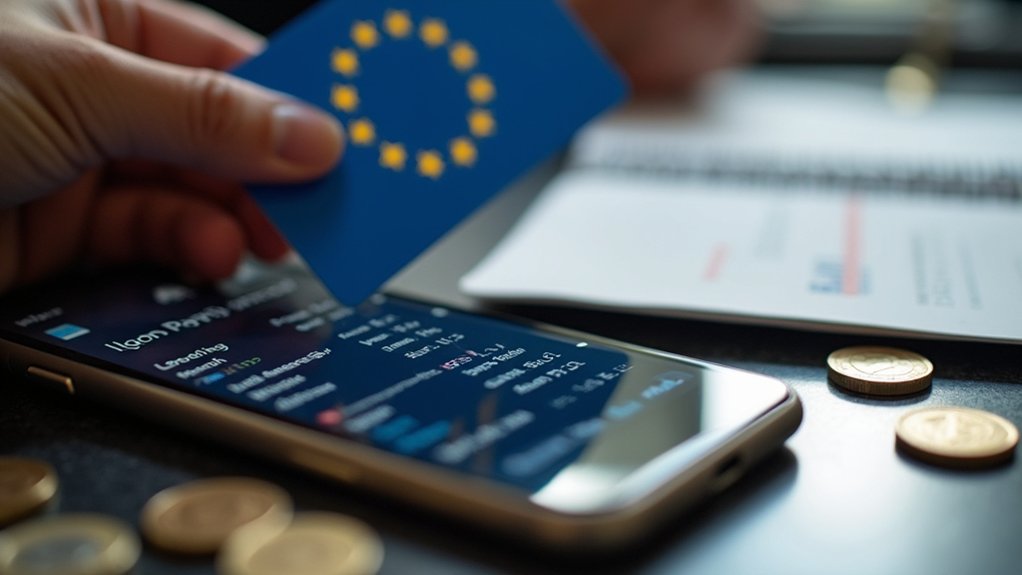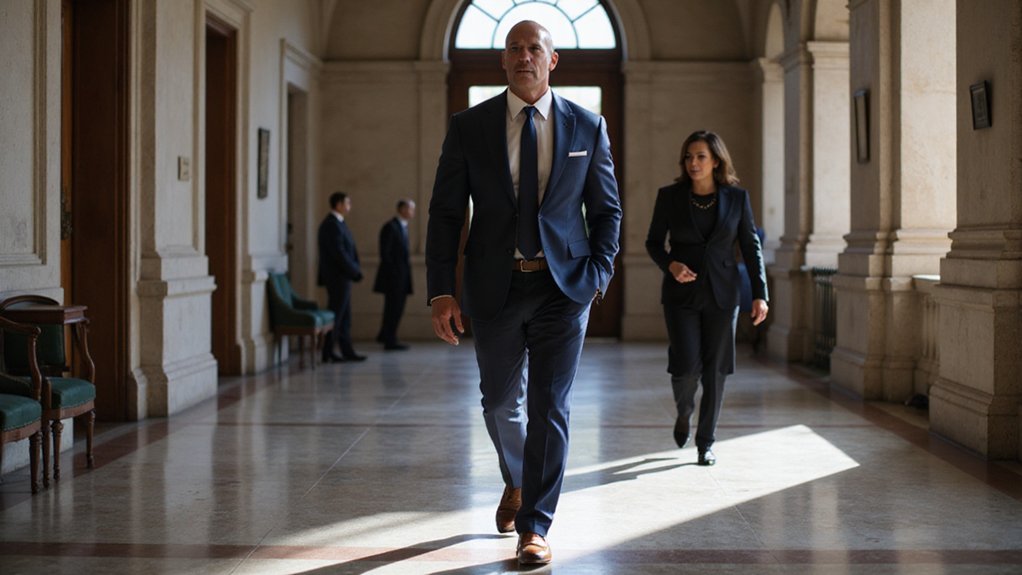While Turkey’s relationship with cryptocurrency has oscillated between cautious embrace and outright hostility, the nation’s latest regulatory framework represents perhaps the most thorough attempt yet to domesticate a notoriously unruly asset class. The Capital Markets Board has introduced licensing requirements so stringent they would make traditional banking regulators blush—minimum capital requirements of 150 million Turkish lira for exchanges and a staggering 500 million for custodians (roughly $4.1 million and $13.7 million respectively, though given the lira’s recent adventures, these figures shift like sand).
Crypto Asset Service Providers must now transform into joint-stock companies with registered shares, complete with founders subjected to financial background checks that probe deeper than most security clearances. The transparency mandates extend beyond mere paperwork; every organizational detail must be laid bare for regulatory scrutiny.
Turkey’s crypto regulations demand corporate restructuring and financial background checks that exceed traditional security clearance investigations.
The Know Your Customer protocols read like a compliance officer’s fever dream: identity verification kicks in at transactions exceeding 15,000 lira (approximately $425), while platforms must maintain exhaustive transaction records—including failed attempts, because apparently even crypto fumbles warrant documentation. Continuous price monitoring adds another layer of surveillance that would make Orwell proud.
Transaction restrictions reveal the government’s particular anxiety about rapid capital movement. Withdrawal delays stretch to 48 hours for regular users and 72 hours for newcomers, while stablecoin transactions face daily caps of $3,000 and monthly limits of $50,000. Users must now declare the source and purpose of crypto transfers, transforming what was once pseudonymous finance into a confessional booth.
Stablecoins receive special attention, presumably because assets pegged to stable currencies pose unique threats in a nation where the domestic currency has demonstrated remarkable creativity in value destruction. These restrictions signal deep concern about digital alternatives to the lira during times of economic turbulence. Despite the restrictive environment, institutional adoption worldwide continues to drive crypto market growth, highlighting the contrast between Turkey’s approach and global trends. Only banks and other authorized institutions can provide custody services under the new framework, further centralizing control over crypto storage. Platforms must maintain a liquidity reserve of 3% of customer assets under custody to ensure operational stability.
The regulatory burden has already claimed casualties—Coinbase among the international firms choosing discretion over Turkish market participation. With operational complexities mounting and oversight extending to risk management teams monitored by both CMB and TÜBİTAK, the framework threatens to constrain a crypto user base representing nearly 30% of Turkey’s population.
The irony remains palpable: controlling decentralized assets through decidedly centralized means.
